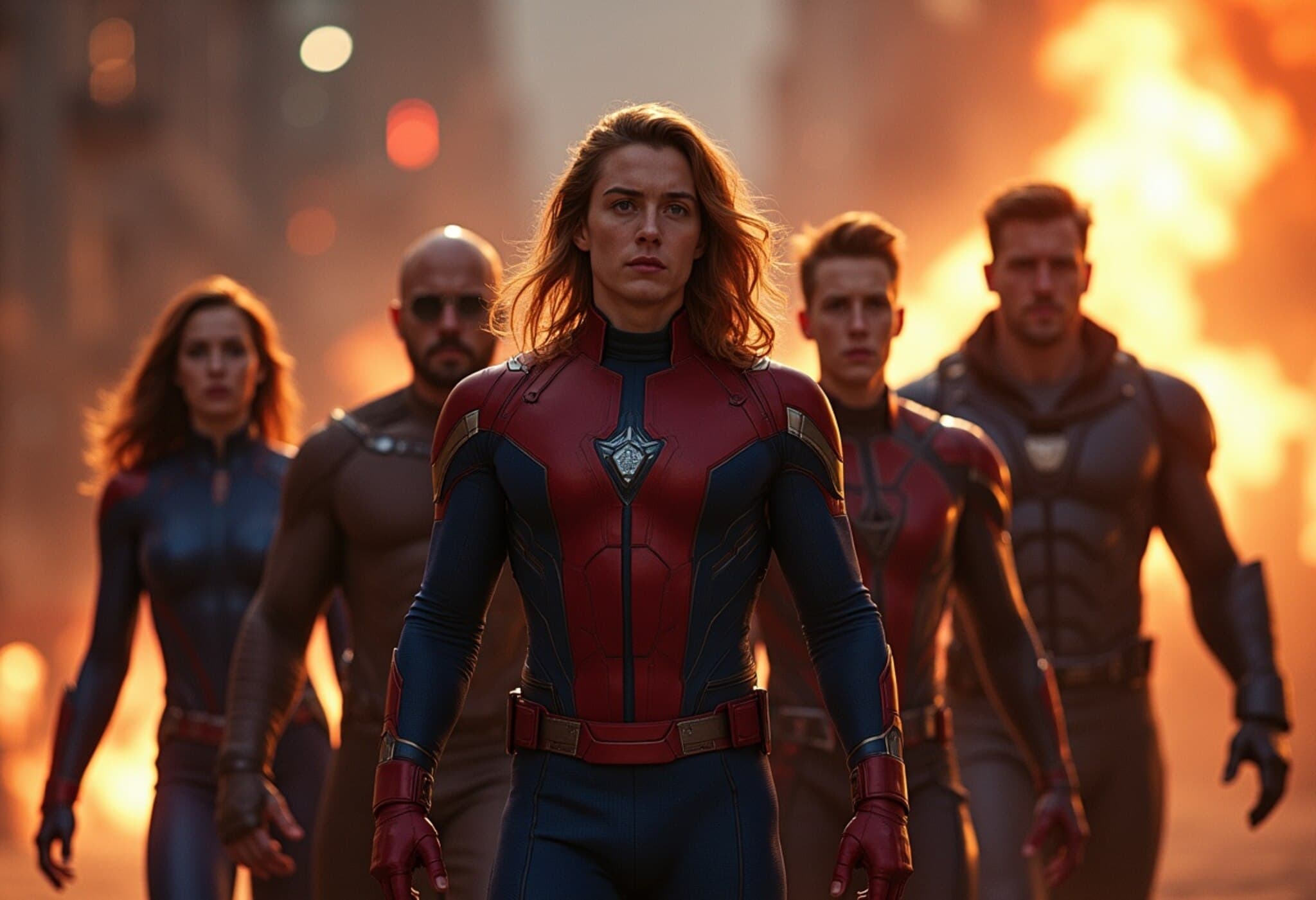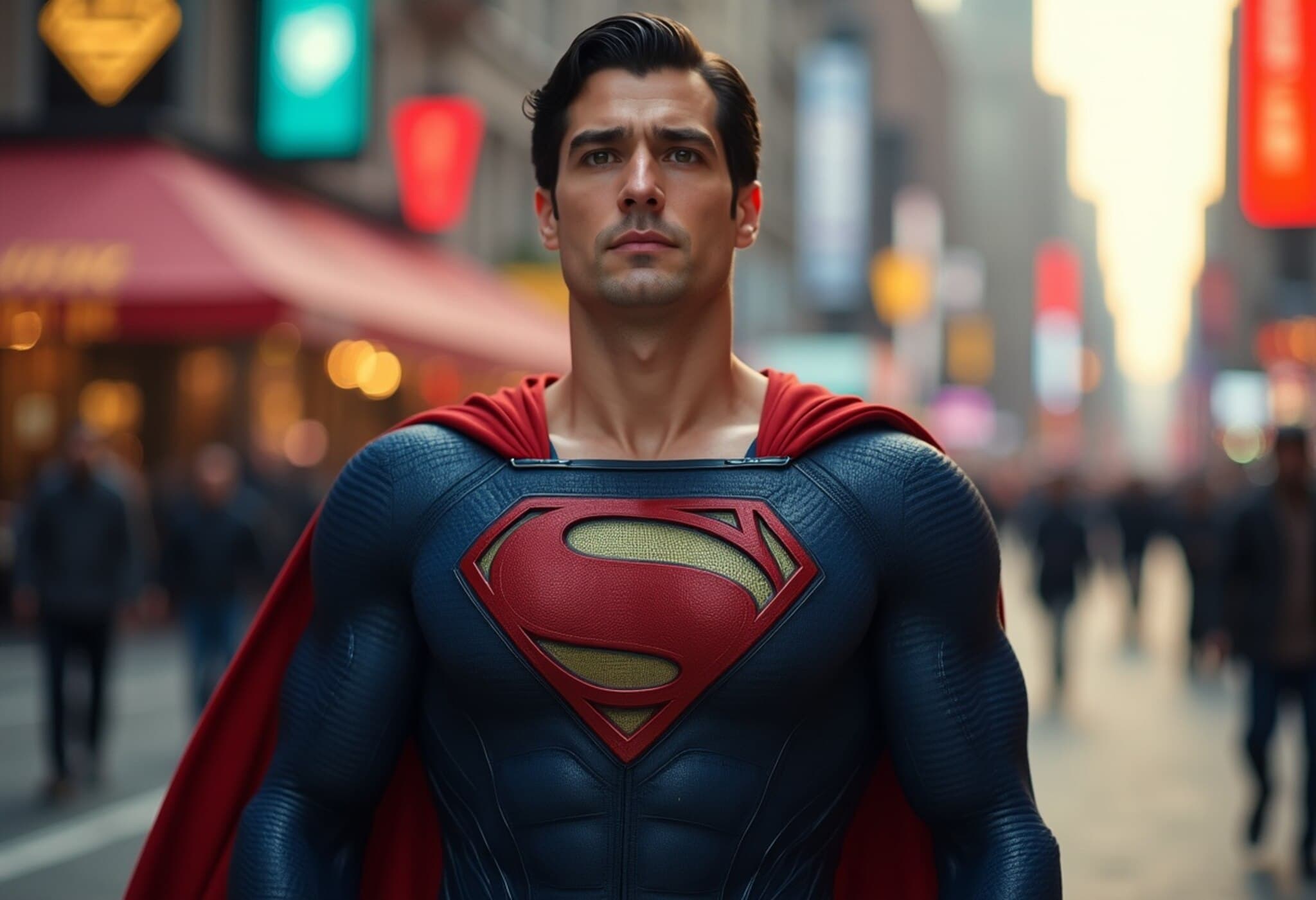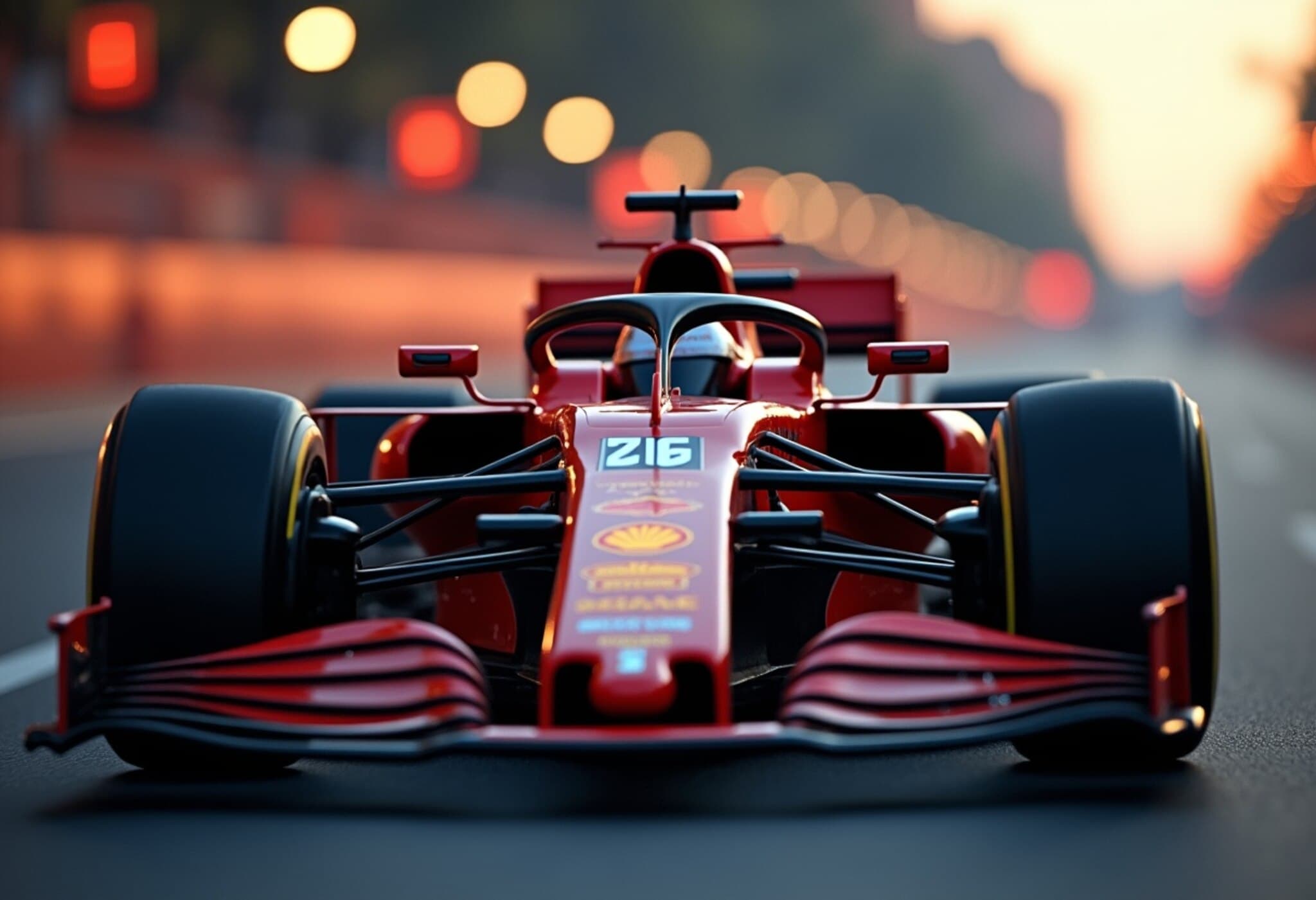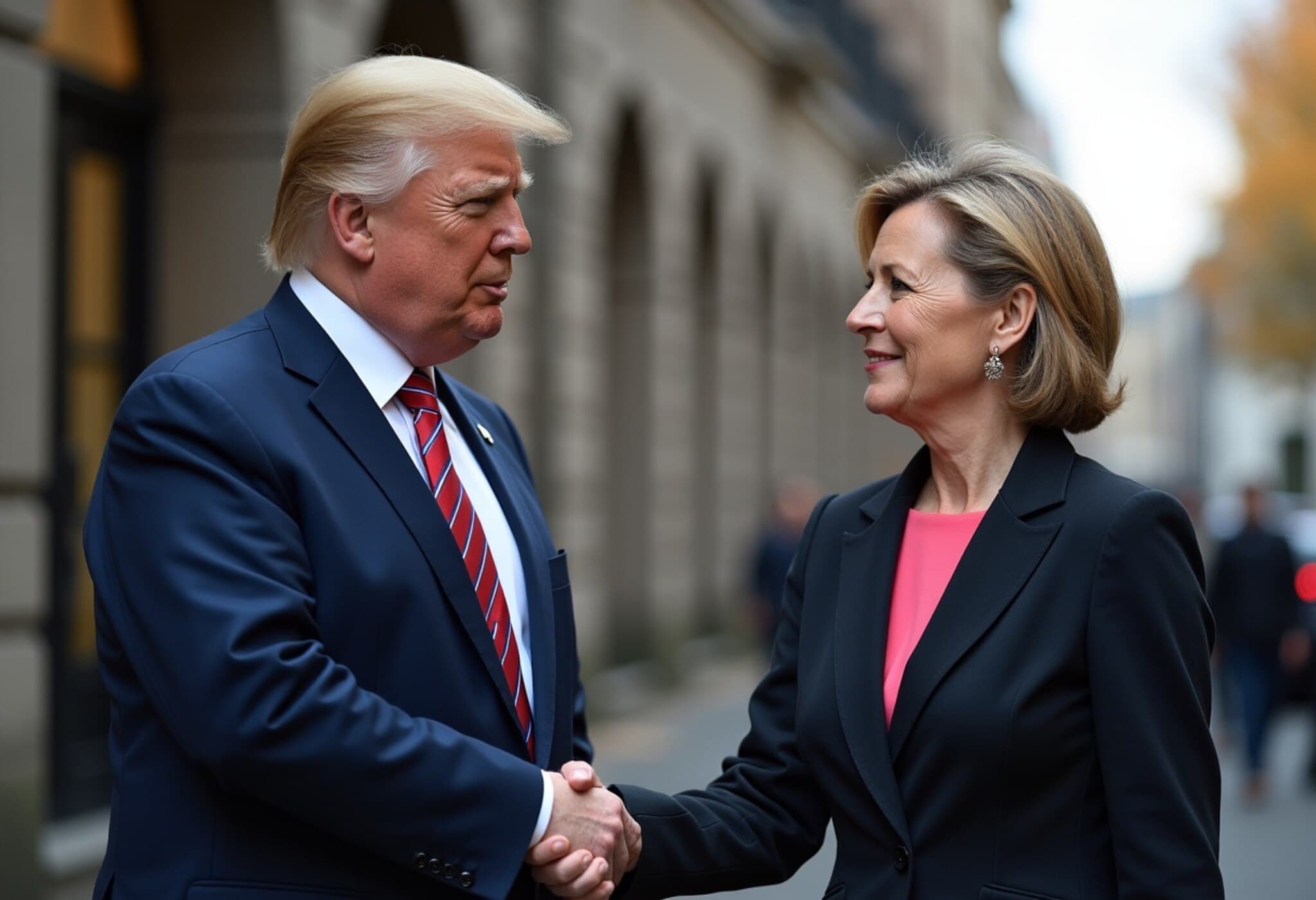Marvel's 'Fantastic Four: First Steps' Soars with $118 Million Domestic Debut
Marvel Studios, under the Disney banner, has scored a major box office win with its latest release, 'Fantastic Four: First Steps', which pulled in an estimated $118 million domestically during its opening weekend. This energetic start defies growing concerns over superhero fatigue in theaters and underscores Marvel’s enduring appeal among moviegoers.
Breaking Down the Global Impact
Adding to its domestic triumph, 'Fantastic Four: First Steps' amassed an estimated $100 million from international markets, pushing its worldwide tally to approximately $218 million over the first three days. This global enthusiasm signals a reinvigorated interest in Marvel’s revamped storytelling approach, especially as this is the last Marvel Cinematic Universe (MCU) film slated for release this year.
Critical Acclaim Meets Box Office Success
Critical reception has been equally promising. With an 88% "Fresh" rating on Rotten Tomatoes, the film represents a notable uptick for Marvel, whose recent titles have faced uneven reviews and diminishing audience engagement since the blockbuster Avengers: Endgame finale. Notably, the cast—featuring Pedro Pascal as Reed Richards/Mister Fantastic, Vanessa Kirby as Sue Storm/Invisible Woman, Joseph Quinn as Johnny Storm/Human Torch, and Ebon Moss-Bachrach as Ben Grimm/The Thing—has been praised for bringing fresh energy to the MCU’s so-called "First Family."
Superhero Fatigue? Marvel Proves Otherwise
Just weeks ago, another superhero heavyweight, James Gunn and Peter Safran's Superman, claimed the top box office spot with over $100 million in ticket sales. Such back-to-back successes suggest that audiences are still eager to explore well-crafted superhero narratives, especially when studios focus on quality storytelling over mere franchise volume.
Paul Dergarabedian, senior media analyst at Comscore, aptly summarized this sentiment: "If you build great movies, audiences will head to the multiplex."
A Turning Point for Marvel’s Strategy
Since the monumental success of Avengers: Endgame in 2019, Marvel’s cinematic journey has faced intermittent hurdles. While crowd-pleasers like Deadpool & Wolverine and Guardians of the Galaxy Vol. 3 succeeded, titles such as Captain America: Brave New World, The Marvels, and Ant-Man and the Wasp: Quantumania did not resonate as well with audiences or critics.
Importantly, the quality metrics have fluctuated. For years, MCU films maintained a minimum Rotten Tomatoes rating above 67%, signaling general critical approval. More recently, five films have dipped below that mark, including three that earned "Rotten" status with less than 50% positive reviews.
- Captain America: Brave New World: $413 million globally, 48% Rotten Tomatoes score
- Thunderbolts*: $382 million globally, 88% Fresh rating (one of the few MCU films under $400 million to earn such high praise)
- Fantastic Four: First Steps: 88% Fresh rating
*Note: Thunderbolts is part of the MCU lineup.
What This Means for Marvel and Disney
Industry experts see 'Fantastic Four: First Steps' as a testament to Marvel’s pivot to emphasize storytelling depth and character development, rather than relying on volume and franchise fatigue. Shawn Robbins, director of analytics at Fandango, observes, "The enthusiasm for Fantastic Four could reignite interest among casual viewers who have been on the sidelines since 'Endgame.'"
Dergarabedian adds, "Disney has experienced a magical summer, and Marvel's focus on delivering quality films is proving to be a successful strategy in revitalizing the brand."
Broader Industry Implications
This success signals a hopeful rebirth for comic book cinema, especially in an era where streaming services, pandemic aftereffects, and changing audience habits have challenged traditional moviegoing. The MCU's recalibrated approach may well serve as a blueprint for studios balancing franchise fatigue against fan expectations and quality storytelling.
Editor's Note
Marvel’s latest entry serves as a compelling case study in the evolving dynamics of blockbuster filmmaking. Its strong box office debut and favorable critical reception highlight how studios can regain audience trust by prioritizing creative integrity and fresh narratives over sheer franchise expansion. Yet, questions remain—can Marvel sustain this momentum amid rising competition and shifting viewer preferences? And how will this strategy influence the broader superhero genre moving forward? As the summer blockbuster season winds down, these developments warrant close attention both from industry insiders and fans alike.











